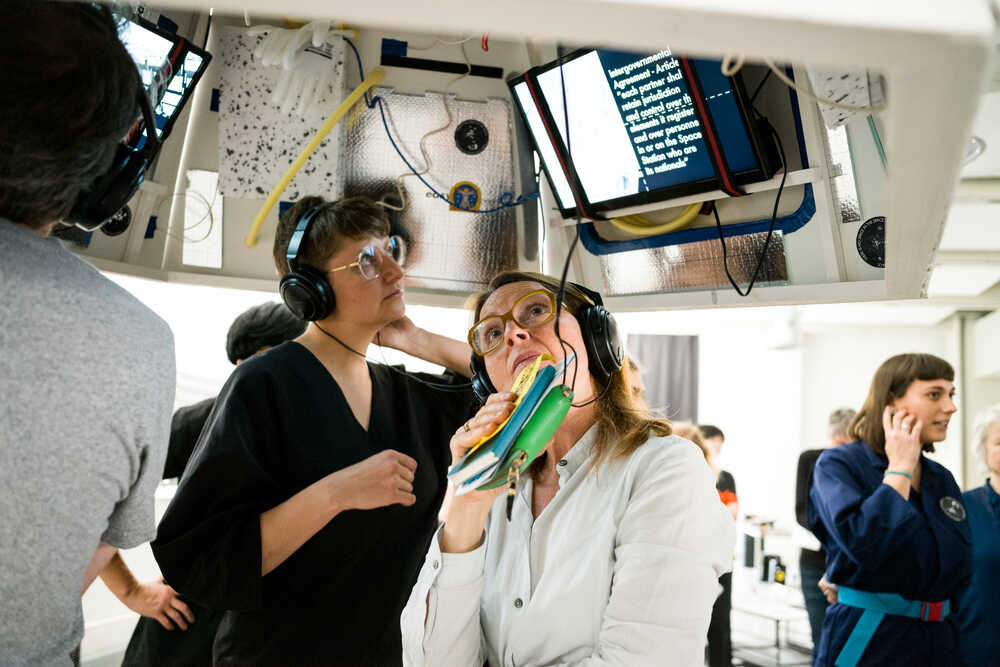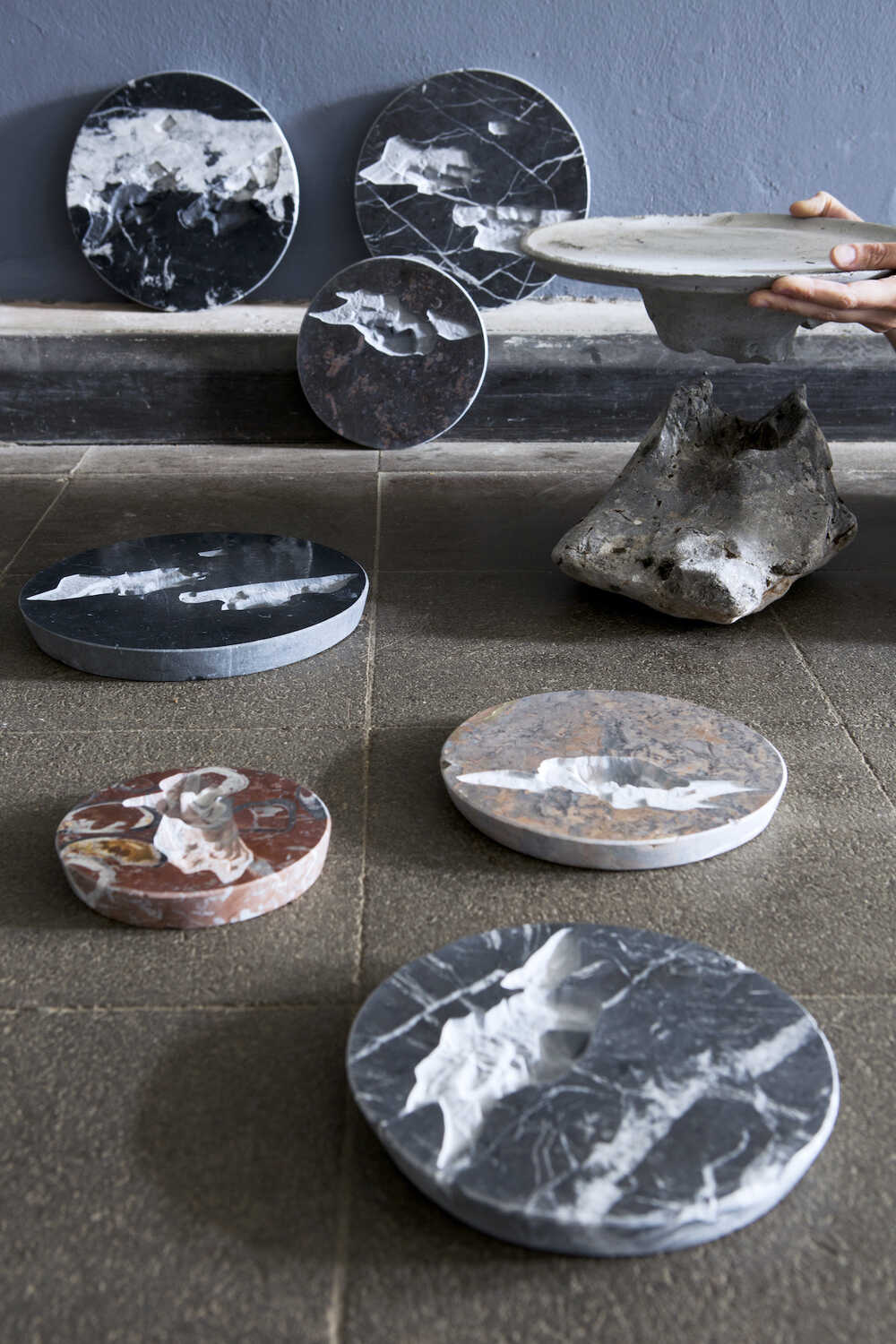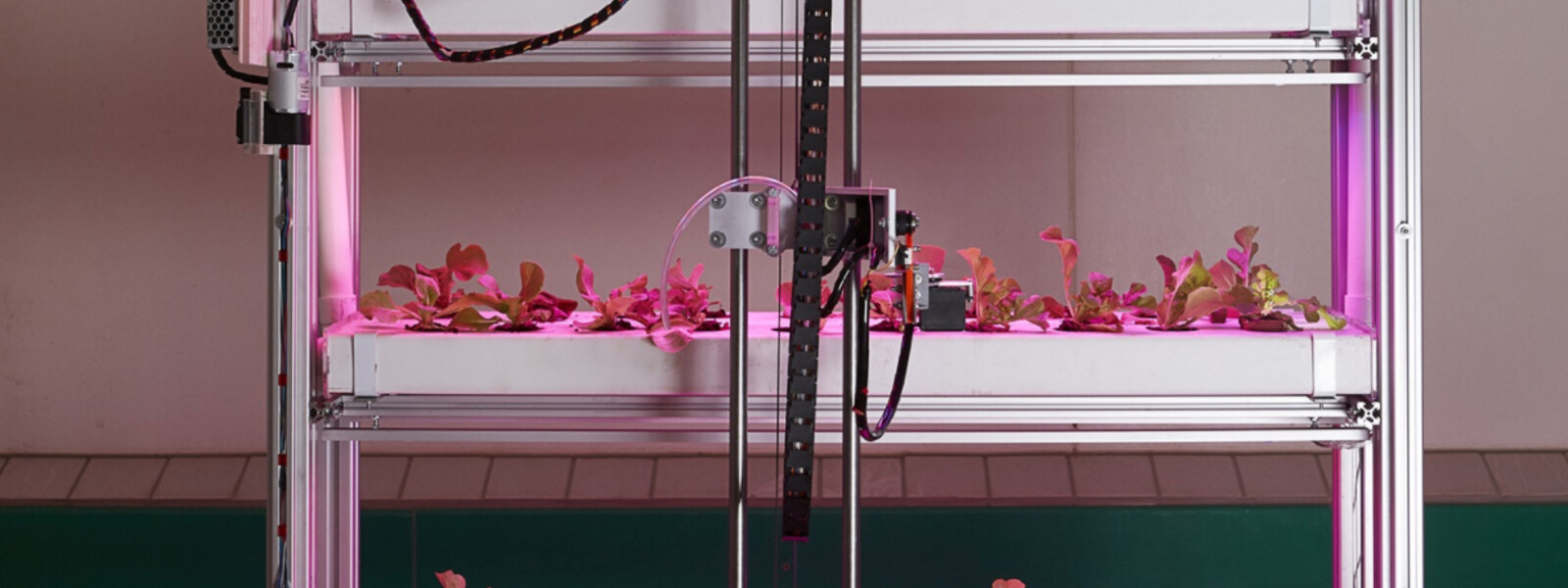Master Programmes
Designers, curators and theorists work in a world in flux. They are faced with complex themes that cannot be reduced to readily solvable design problems. More and more often, they stray beyond the boundaries of their disciplines, and the themes they focus on merit the critical view of well-informed creative minds.
The minimum requirement for new Master students is a completed qualification at Bachelor level. This should preferably be in design, design history, curatorial studies or an equivalent discipline. Applicants with a Bachelor degree in art, architecture, art history or the humanities, and with a demonstrable affinity with design, can also apply. Exceptional students from other academic background will also be considered.
During a DAE Master course, the authorship of the designer or design theorist will be reinforced. Students strengthen and focus their positions, learn to reflect on the profession and its limits, develop their imagery and signature, and research topical questions to come up with designs, presentations or text proposals. The guiding principle for the Academy’s approach to education at this level is a focus on the cultural context in which designers and their products ‘function’, though the domains the students will research may be socially, technically or economically oriented as well.

Master Programmes
The Master programmes at Design Academy Eindhoven consist of a pre-master course and five research departments:
The Pre-Master is a part-time programme that aims to support prospective students from diverse educational backgrounds to develop a practical understanding of design as a research practice, in preparation for one of five master’s departments at Design Academy Eindhoven.
The Critical Inquiry Lab department (CIL) is a two-year Master’s programme that provides students with an environment to develop a self-directed design practice driven by transdisciplinary research.
Founded in 2020, Geo—Design is the youngest master programme at the DAE. Geo—Design, or “designing with the Earth,” interweaves the classical definition of design—the composition of self-contained objects and systems that answer to singular problems—with the expanded context of feedback loops and complexity that uproot the cognitive, ecological, and ethical foundations of design.
At Contextual Design we consider design as a way to make sense of the world, as a practice of cultural critique. Design is an intrinsic part of the cultural, social, ecological and technological reality. It creates new relations, transformations and ways of experiencing the world.
The Social Design Master’s programme envisions itself as an incubator for radical hope—a resilient, committed hope that dares to imagine new possibilities. Unlike traditional design approaches that often prioritise aesthetic innovation or market-driven outcomes, this programme positions design as a deeply ethical and political practice, one that materialises the not-yet through a lens of social responsibility. True transformation arises not from passive optimism or an unreflective ‘do-good’ approach, but from a deep, intentional effort to expand the boundaries of what is possible, coupled with the willingness to roll up our sleeves and do what needs to be done.
MA Information Design is a programme dedicated to the exploration of the politics and agency of information and its modes and contexts of production. It operates as an outpost for research and an arena for the interrogation of ideas and practices within and beyond the field of design. By rejecting pre-defined professional roles, the programme foster the development of individual and collaborative trajectories that empower the designer to become an intellectual figure, who can decode and re-code complexity within a fluid landscape of possible engagements—from autonomous artistic practices to strategic roles within small collectives or large institutions.
STUDENTS
The Master programmes are aimed at professionals working within the domains of design, curatorial practices, design theory, critical studies and related domains.
Designers with an analytical writing talent gain more skills and knowledge, helping them relate their design process to reflecting, curating and writing. Theorists with an academic background gain more insight into the practical, creative and hands-on aspects of the design process, to either deepen their analytical skills and/or to develop an expertise in designing curatorial plans.
DIPLOMA
Completing a Master’s at DAE will lead to the title Master of Arts in Fine Art and Design.
DAE will not deviate from the rule that a Master is a two-year course and that a completed Bachelor’s programme is a requirement for admission, except in highly exceptional cases. Students who believe they are eligible for certain exemptions may submit their request to the General Masters’ Coordinator via masters@designacademy.nl.
The Master course at Design Academy Eindhoven (DAE) offers students the tools needed to research and analyse complex situations, and develop personal views on possible interventions, both to improve their individual design, or design theory, practice and to create (multidisciplinary) collaborations with others.
The minimum requirement for new Master students is a completed course at Bachelor level in design, design history, curatorial studies or equivalent discipline.* During the Master course the authorship of the designer or designtheorist will be reinforced. Students strengthen and focus their positions; learn to reflect on the profession and its limits; develop their personal imagery and signature; research topical questions in order to come up with valid design, presentation or text proposals. The cultural context in which designers and their products ‘function’ is the guiding principle, though the domains the students will research, may be socially, technically, or economically oriented as well.

The two-year curricula are arranged around research and design assignments, given by the design and workshop tutors, writing and thesis supervisors, and lectures and workshops given by guest lecturers. During the second year, students work on individual research themes, which they have formulated themselves. The Masters’ department collaborates closely with external institutions, governments, companies and leading experts, as well as with the researchers of the DAE Readerships to help identify and develop topical research subjects.
To complement its regular teaching programme, each department organises lectures by visiting critics and guests, theory, workshops and discussion events. These events are often open to all Master students.
